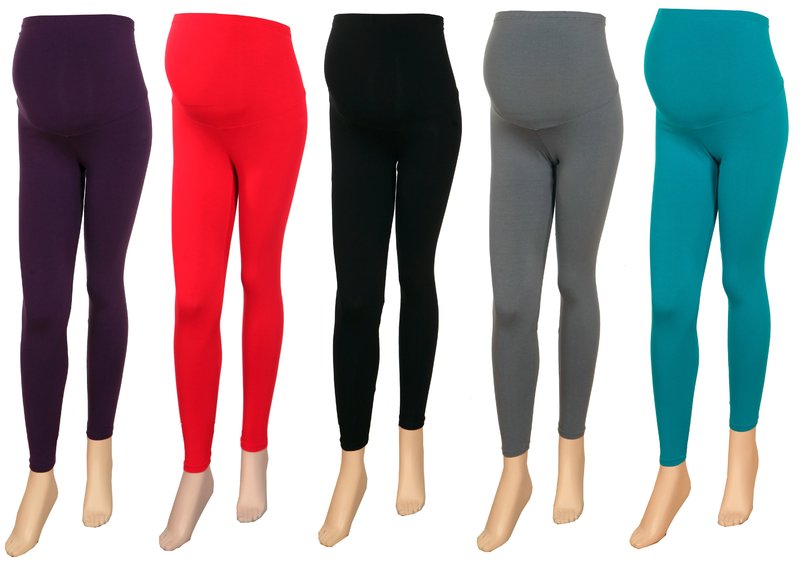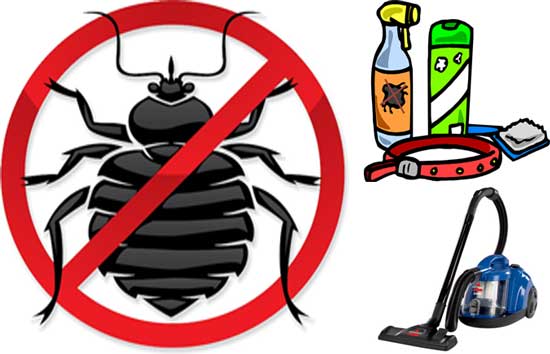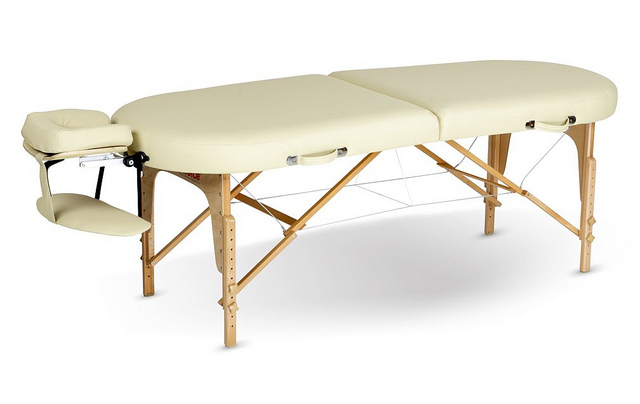My niece, 9 years old, is currently living with me and she wets the bed, it’s out, I’ve said it. I feel relieved almost like attending bedwetters anonymous. But why should I or my niece feel like it’s an act of contrition? The simple answer is that you should not.
There is nothing to feel ashamed of. In fact, it is relatively common (5 to 7 million children aged 6 years or older in the US alone) and part of the growing up process. Much more important, however, is how we parent and child deal with it.
The official name for bedwetting is primary nocturnal enuresis and you should know that, in most cases, there is no medical cause for bedwetting. It’s just a delay in maturation in the way the brain and bladder communicate with each other at night. The problem is not the urination itself but the aftermath. This can be frustrating, annoying and embarrassing for all concerned.
Not only are there the practical issues of wet pajamas, sheets and the nightly wake-up but it can also affect your relationship with your child, her own self-image and her interaction with other children. Here are 9 truths and myths to know and how to deal with them.
Myths and Truths about Bedwetting
amzn_assoc_placement = “adunit0”; amzn_assoc_search_bar = “true”; amzn_assoc_tracking_id = “taphs-20”; amzn_assoc_ad_mode = “manual”; amzn_assoc_ad_type = “smart”; amzn_assoc_marketplace = “amazon”; amzn_assoc_region = “US”; amzn_assoc_title = “My Amazon Picks”; amzn_assoc_linkid = “ba3abec83af3d07a0e6a32cb2cf61630”; amzn_assoc_asins = “B0013LRVWA,B00J4HFSWA,B00A8GF6BO,B01LZW3R6U”;
- Myth: Ancient cures include an elixir made from boiled mice, wine made from hare’s testicles and the Navajo tribe believed in standing naked over a burning nighthawk nest. All very humorous but clearly mythical!
- Truth: It is presumed that bedwetting is an inherited condition it’s in the genes. 3 out of 4 bedwetters have a parent, aunt, uncle, grandparent or other family member has the condition. It is worth finding out and talking about it, this will help your child to fell a family association with the problem.
- Myth: Bedwetters are lazy and do it on purpose. Not only is this completely false but it can be extremely damaging to your child as it can make her feel bad about herself. Bedwetting is not something a child can consciously control.
- Truth: Your child’s bladder is not unusually small. Studies show bedwetters have normal sized bladders. Your child may get a strong contraction before the bladder is full and therefore have the urge to urinate. Bladder control training and Start/Stop urination exercises during the day may help.
- Myth: Using pull-ups at night only prolongs bedwetting. This will not have any effect on the gradual resolution of the problem; it will however help out with laundry issues. On the other hand, if you’re like me, giving your child a semblance of normality by wearing pajamas will help her conditioning. You can always put down a plastic sheet to minimize the mess.
- Truth: There may be a medical cause. This is more unusual but may occur. Some bedwetters have insufficient kidney hormones that make less urine while they sleep. Other complaints include urinary tract infections, constipation, diabetes and spinal cord abnormalities. There are medications for most of these ailments and a brief trip to the doctor can address this quickly.
- Myth: Drinking too much before bedtime causes bedwetting. It does make sense to limit the amount your child fluid intake; say to 2 ounces in the last two hours before bedtime and cut out caffeine, which is a natural diuretic (remember cola has caffeine). But this is not an underlying cause for bedwetting.
- Truth: Reinforcement and conditioning does help. This includes involving your child and teaching her responsibility. Things like helping to clean up, taking pajamas and sheets to the laundry, setting up a chart with dry days and privileges. Also try night-lifting; teaching your child to awaken and empty her bladder during the night. You may even want to try an alarm system that triggers when underwear is wet.
- Final Truth: Work as a team. As parent and child, it is important to understand the problem and respond appropriately. Even if there is nothing to be done except wait until she outgrows it, she needs to know that you’re on her side. Work on it positively and as part of a team. This will avoid unnecessary suffering and improve her self-esteem.
Of all the things that can affect your child, bedwetting is by no mean the worse. As a parent or guardian, the best advice is to be patient, sympathetic and work on the problem together. That way your relationship with your child remains unharmed, shell get along better with her friends and your attempts to reduce bedwetting will be more likely to succeed. Your job as a parent is to be nurturer and coach; there is no better time to demonstrate those traits than now.
Nocturnal Enuresis Do You Know How to Handle Bedwetting?
amzn_assoc_placement = “adunit0”; amzn_assoc_search_bar = “true”; amzn_assoc_tracking_id = “taphs-20”; amzn_assoc_search_bar_position = “bottom”; amzn_assoc_ad_mode = “search”; amzn_assoc_ad_type = “smart”; amzn_assoc_marketplace = “amazon”; amzn_assoc_region = “US”; amzn_assoc_title = “Shop Related Products”; amzn_assoc_default_search_phrase = “baby car seats”; amzn_assoc_default_category = “All”; amzn_assoc_linkid = “851ac5f1947efcb49502529168b7f4a1”;
Nocturnal enuresis is just another name for bedwetting and it can affect both children and adults. For kids, bedwetting is just a part of growing up as the body needs to mature and fully develop the capacity to control urination. Normally children reach this stage by age 4 or 5. It’s when bedwetting continues that it is considered nocturnal enuresis.
For adults, there is usually an underlying condition that is causing the problem and those conditions can run the gamut from weak pelvic floor muscles to excessive use of natural diuretics like caffeine and alcohol. If you are an adult and suffer from nocturnal enuresis, your first step in solving the problem is a visit to your doctor to determine the cause.
Children, like adults, associate bedwetting with shame. They know it’s something they shouldn’t do and become both frustrated and ashamed that they cannot control it. Sometimes bedwetting can extend into the teens and can have a negative impact on the child’s life particularly in their social development.
What teenager wants to risk being found out by their friends as a bed wetter at a sleepover or at camp? Learning the cause and knowing how to manage the condition becomes exceptionally important in these cases.
So what can you do to manage bedwetting?
Well for children there are a number of products that can help train them to get up and go when the bladder is full. One of the most effective tools is a bedwetting alarm. This consists of a moisture sensor that is placed in the pants and is attached by a thin wire to an alarm worn on the collar. When moisture is detected the alarm goes off waking the child who then goes to the bathroom. This process trains the brain to understand the feeling when the bladder is full.
For adults, there can be many treatments and it all depends on what the underlying cause is. However, while working on a cure, the condition can be managed using waterproof mattress covers to both protect the bed and to wick away moisture from the skin. Remember, nocturnal enuresis does not have to impact you or your child’s life. There’s help and all you have to do is find it.
Child Wets Bed? Foolproof Bedwetting Solutions Guaranteed to Work
If you find that your child wets the bed frequently, you may find that it is time to take action. You have a few weapons to choose from which this article will look to outline more in depth. The sheer amount of options which are available to parents like you, mean that you should never feel like you are clutching at straws looking for a solution.
A child that wets the bed can be particularly low in morale, especially if the child in question is wetting the bed longer than his or her peers. Motivating the child with incentives when they do not wet the bed can help them to become more aware of their toilet habits.
This can also help them to become more responsible by going to the toilet before bedtime and removing their bedding themselves when they do not have a dry night. Really though, this exercise should only be implemented when the child is older than the age of seven and not going through what is known as common bedwetting.
Another option is consulting a medical professional for a bedwetting alarm, which has relatively high success rates in curing what is known as primary enuresis. The alarm acts by a sensor which detects when the child is wetting the bed. This can then encourage them to get up and conclude their urinating in the bathroom, reducing the amount of spill on the bed. This combined with an incentive chart can do wonders.
Conclusion
Bedwetting could be the sign of something more serious, too. Do not be afraid to consult a doctor if you ever feel like this is the case. If your child wets the bed frequently, it could mean many things. Taking into account all of the personal circumstances which are surrounding your child’s bedwetting and then going on to seek expert advice can help you find out more.
More on prettylittleus.com
[columns_row width=“third”] [column]Baby Products
√Bed Rails[/column] [column]New Mom Essentials
♦Maternity Leggings[/column] [column]Others
♥Best Adderall Alternative[/column] [/columns_row]



